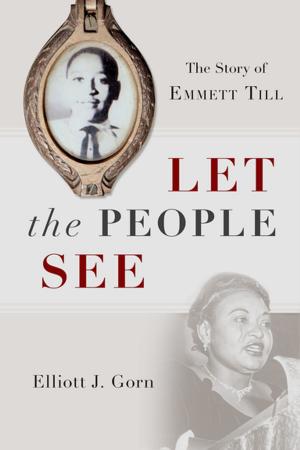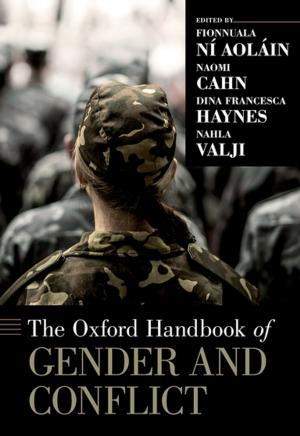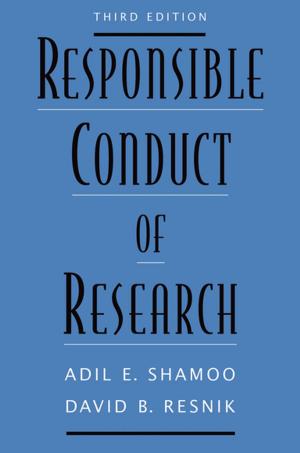Reason, Freedom, and Democracy in Islam
Essential Writings of Abdolkarim Soroush
Nonfiction, Religion & Spirituality, Middle East Religions, Islam, Social & Cultural Studies, Political Science, International, International Relations| Author: | Abdolkarim Soroush, Abdolkarim Soroush, Mahmoud Sadri, Mahmoud Sadri, Ahmad Sadri, Ahmad Sadri | ISBN: | 9780199880874 |
| Publisher: | Oxford University Press | Publication: | April 20, 2000 |
| Imprint: | Oxford University Press | Language: | English |
| Author: | Abdolkarim Soroush, Abdolkarim Soroush, Mahmoud Sadri, Mahmoud Sadri, Ahmad Sadri, Ahmad Sadri |
| ISBN: | 9780199880874 |
| Publisher: | Oxford University Press |
| Publication: | April 20, 2000 |
| Imprint: | Oxford University Press |
| Language: | English |
Abdolkarim Soroush has emerged as one of the leading moderate revisionist thinkers of the Muslim world. He and his contemporaries in other Muslim countries are shaping what may become Islam's equivalent of the Christian Reformation: a period of questioning traditional practices and beliefs and, ultimately, of upheaval. Presenting eleven of his essays, this volume makes Soroush's thought readily available in English for the first time. The essays set forth his views on such matters as the freedom of Muslims to interpret the Qur'an, the inevitability of change in religion, the necessity of freedom of belief, and the compatibility of Islam and democracy. Throughout, Soroush emphasizes the rights of individuals in their relationship with both government and God, explaining that the ideal Islamic state can only be defined by the beliefs and will of the majority.
Abdolkarim Soroush has emerged as one of the leading moderate revisionist thinkers of the Muslim world. He and his contemporaries in other Muslim countries are shaping what may become Islam's equivalent of the Christian Reformation: a period of questioning traditional practices and beliefs and, ultimately, of upheaval. Presenting eleven of his essays, this volume makes Soroush's thought readily available in English for the first time. The essays set forth his views on such matters as the freedom of Muslims to interpret the Qur'an, the inevitability of change in religion, the necessity of freedom of belief, and the compatibility of Islam and democracy. Throughout, Soroush emphasizes the rights of individuals in their relationship with both government and God, explaining that the ideal Islamic state can only be defined by the beliefs and will of the majority.















